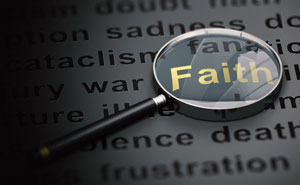 Religious freedom is one of our core American beliefs. Whether a person is Christian, Catholic, Muslim, Buddhist, or any other faith; all individuals should have the opportunity to connect with a spiritual community. Because religious texts can be complex, and services are full of symbolic tales, it can be difficult for people whose native language is American Sign Language to follow along. For deaf community members to receive equal access during faith-based events, a qualified Religious Interpreter is needed.
Religious freedom is one of our core American beliefs. Whether a person is Christian, Catholic, Muslim, Buddhist, or any other faith; all individuals should have the opportunity to connect with a spiritual community. Because religious texts can be complex, and services are full of symbolic tales, it can be difficult for people whose native language is American Sign Language to follow along. For deaf community members to receive equal access during faith-based events, a qualified Religious Interpreter is needed.
Qualified Religious Interpreters may be required in any spiritual setting– ranging from worship services, to youth groups, to retreats, to wedding ceremonies. These interpreters help people who use ASL to access spoken messages of faith and help facilitate access to their larger religious community. Community is a valuable part of many religions, and people who are deaf deserve to share in this special connection.
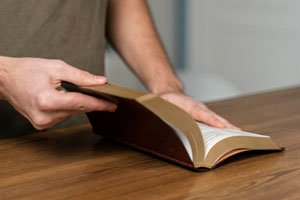 When a proper Religious Interpreter is not provided, a friend or family member might step in, which takes their attention away from the event. Additionally, unqualified interpreters risk confusing the message, or communicating it with their own personal bias. Qualified Religious Interpreters possess a specialized set of skills that help ensure important religious messages are accurately and meaningfully communicated.
When a proper Religious Interpreter is not provided, a friend or family member might step in, which takes their attention away from the event. Additionally, unqualified interpreters risk confusing the message, or communicating it with their own personal bias. Qualified Religious Interpreters possess a specialized set of skills that help ensure important religious messages are accurately and meaningfully communicated.
Qualities of Great ASL Interpreters in Religious Settings
Fluent in Religious Terminology
In addition to English and ASL, Religious Interpreters should be familiar with the source language of religious scriptures, such as Arabic, Hebrew, or Latin. Qualified Religious Interpreters recognize how important it is for people of faith to receive spiritual messages the way they are delivered. They will also have knowledge of any special vocabulary required for specific events.
Religious History and Texts
 Qualified Religious Interpreters will read all important spiritual texts, know both historical and current events, and understand the meaning of religious holidays. Although it is not necessary for an interpreter to be a religious scholar, they should possess a developed understanding of the religion they are serving. They should know common prayers, songs, or poems, and be able to interpret the tone of these pieces.
Qualified Religious Interpreters will read all important spiritual texts, know both historical and current events, and understand the meaning of religious holidays. Although it is not necessary for an interpreter to be a religious scholar, they should possess a developed understanding of the religion they are serving. They should know common prayers, songs, or poems, and be able to interpret the tone of these pieces.
Cultural Understanding
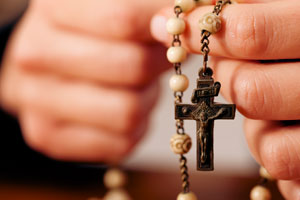 Religions have a wide variety of cultural “norms” and taboos. A qualified Religious Interpreter respects spiritual traditions and works to facilitate high quality access to all aspects of faith. They understand what is “allowed” and what is “forbidden” in the religions they serve, and honor the belief system of the deaf consumers. They will know the religious hierarchy, sacred areas, and the gender roles of the faith. Qualified Religious Interpreters will not accept an assignment where their own personal beliefs might conflict with their ability to provide unbiased services.
Religions have a wide variety of cultural “norms” and taboos. A qualified Religious Interpreter respects spiritual traditions and works to facilitate high quality access to all aspects of faith. They understand what is “allowed” and what is “forbidden” in the religions they serve, and honor the belief system of the deaf consumers. They will know the religious hierarchy, sacred areas, and the gender roles of the faith. Qualified Religious Interpreters will not accept an assignment where their own personal beliefs might conflict with their ability to provide unbiased services.
Confidentiality
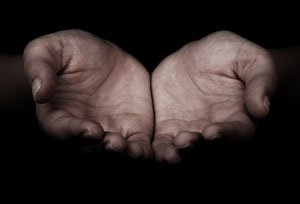 A qualified Religious Interpreter can be extremely important to facilitate confidential interactions between hearing and deaf members of faith. Counseling sessions, confessions, or any type of complex private conversation between spiritual leaders and members of the religious community require intimate trust. Qualified Religious Interpreters adhere to the NAD-RID Code of Professional Conduct, maintaining the highest standards of confidentiality and impartiality.
A qualified Religious Interpreter can be extremely important to facilitate confidential interactions between hearing and deaf members of faith. Counseling sessions, confessions, or any type of complex private conversation between spiritual leaders and members of the religious community require intimate trust. Qualified Religious Interpreters adhere to the NAD-RID Code of Professional Conduct, maintaining the highest standards of confidentiality and impartiality.
Professional Development
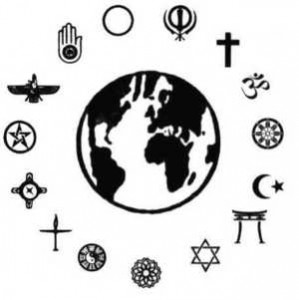 To provide the best possible services to deaf religious communities, Religious Interpreters regularly engage in professional development activities. By working alongside experienced mentors, connecting with others in the field, and getting feedback from deaf consumers, interpreters who work in religious settings can make sure their skills are top quality.
To provide the best possible services to deaf religious communities, Religious Interpreters regularly engage in professional development activities. By working alongside experienced mentors, connecting with others in the field, and getting feedback from deaf consumers, interpreters who work in religious settings can make sure their skills are top quality.
We live in a country where we enjoy religious freedom, and every person deserves the opportunity to access their faith in a way that is comfortable and meaningful. SignNexus is pleased to offer Religious Interpreting in NYC and the greater metropolitan area.
At SignNexus, we understand the important role faith plays in people’s everyday lives, and strive to provide truly equal access for deaf members of any church, mosque, temple, or other place of worship. Contact us today to learn more about bridging the communication gap in your religious organization! > Request Services
Resources:
RID Standard Practice Paper
http://www.ncod.org/files/files/NCOD_PolicyInterpreters.pdf
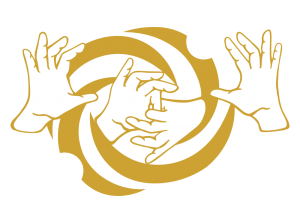



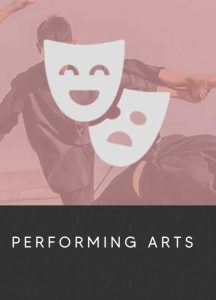
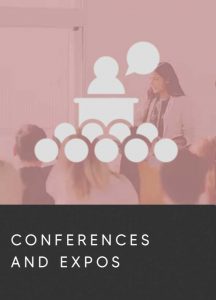
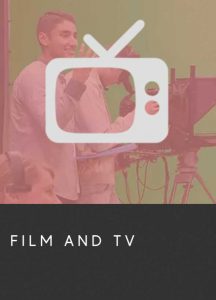
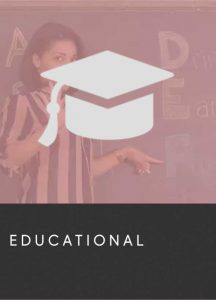
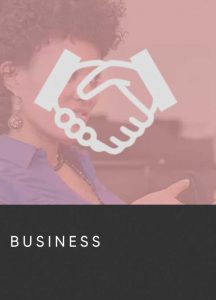
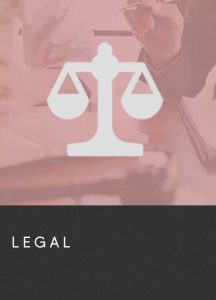

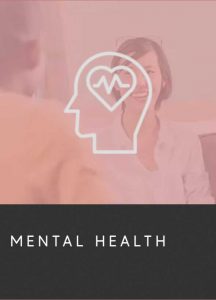
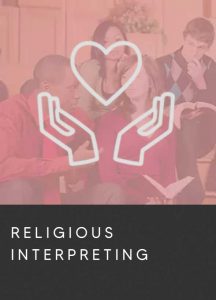
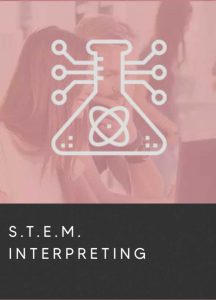
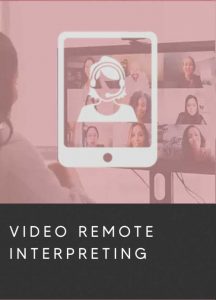
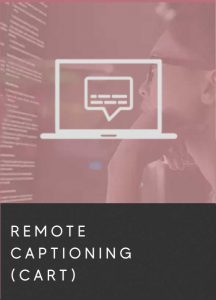

 Religious freedom is one of our core American beliefs. Whether a person is Christian, Catholic, Muslim, Buddhist, or any other faith; all individuals should have the opportunity to connect with a spiritual community. Because religious texts can be complex, and services are full of symbolic tales, it can be difficult for people whose native language is American Sign Language to follow along. For deaf community members to receive equal access during faith-based events, a qualified Religious Interpreter is needed.
Religious freedom is one of our core American beliefs. Whether a person is Christian, Catholic, Muslim, Buddhist, or any other faith; all individuals should have the opportunity to connect with a spiritual community. Because religious texts can be complex, and services are full of symbolic tales, it can be difficult for people whose native language is American Sign Language to follow along. For deaf community members to receive equal access during faith-based events, a qualified Religious Interpreter is needed. When a proper Religious Interpreter is not provided, a friend or family member might step in, which takes their attention away from the event. Additionally, unqualified interpreters risk confusing the message, or communicating it with their own personal bias. Qualified Religious Interpreters possess a specialized set of skills that help ensure important religious messages are accurately and meaningfully communicated.
When a proper Religious Interpreter is not provided, a friend or family member might step in, which takes their attention away from the event. Additionally, unqualified interpreters risk confusing the message, or communicating it with their own personal bias. Qualified Religious Interpreters possess a specialized set of skills that help ensure important religious messages are accurately and meaningfully communicated. Qualified Religious Interpreters will read all important spiritual texts, know both historical and current events, and understand the meaning of religious holidays. Although it is not necessary for an interpreter to be a religious scholar, they should possess a developed understanding of the religion they are serving. They should know common prayers, songs, or poems, and be able to interpret the tone of these pieces.
Qualified Religious Interpreters will read all important spiritual texts, know both historical and current events, and understand the meaning of religious holidays. Although it is not necessary for an interpreter to be a religious scholar, they should possess a developed understanding of the religion they are serving. They should know common prayers, songs, or poems, and be able to interpret the tone of these pieces. Religions have a wide variety of cultural “norms” and taboos. A qualified Religious Interpreter respects spiritual traditions and works to facilitate high quality access to all aspects of faith. They understand what is “allowed” and what is “forbidden” in the religions they serve, and honor the belief system of the deaf consumers. They will know the religious hierarchy, sacred areas, and the gender roles of the faith. Qualified Religious Interpreters will not accept an assignment where their own personal beliefs might conflict with their ability to provide unbiased services.
Religions have a wide variety of cultural “norms” and taboos. A qualified Religious Interpreter respects spiritual traditions and works to facilitate high quality access to all aspects of faith. They understand what is “allowed” and what is “forbidden” in the religions they serve, and honor the belief system of the deaf consumers. They will know the religious hierarchy, sacred areas, and the gender roles of the faith. Qualified Religious Interpreters will not accept an assignment where their own personal beliefs might conflict with their ability to provide unbiased services. A qualified Religious Interpreter can be extremely important to facilitate confidential interactions between hearing and deaf members of faith. Counseling sessions, confessions, or any type of complex private conversation between spiritual leaders and members of the religious community require intimate trust. Qualified Religious Interpreters adhere to the NAD-RID Code of Professional Conduct, maintaining the highest standards of confidentiality and impartiality.
A qualified Religious Interpreter can be extremely important to facilitate confidential interactions between hearing and deaf members of faith. Counseling sessions, confessions, or any type of complex private conversation between spiritual leaders and members of the religious community require intimate trust. Qualified Religious Interpreters adhere to the NAD-RID Code of Professional Conduct, maintaining the highest standards of confidentiality and impartiality. To provide the best possible services to deaf religious communities, Religious Interpreters regularly engage in professional development activities. By working alongside experienced mentors, connecting with others in the field, and getting feedback from deaf consumers, interpreters who work in religious settings can make sure their skills are top quality.
To provide the best possible services to deaf religious communities, Religious Interpreters regularly engage in professional development activities. By working alongside experienced mentors, connecting with others in the field, and getting feedback from deaf consumers, interpreters who work in religious settings can make sure their skills are top quality.





